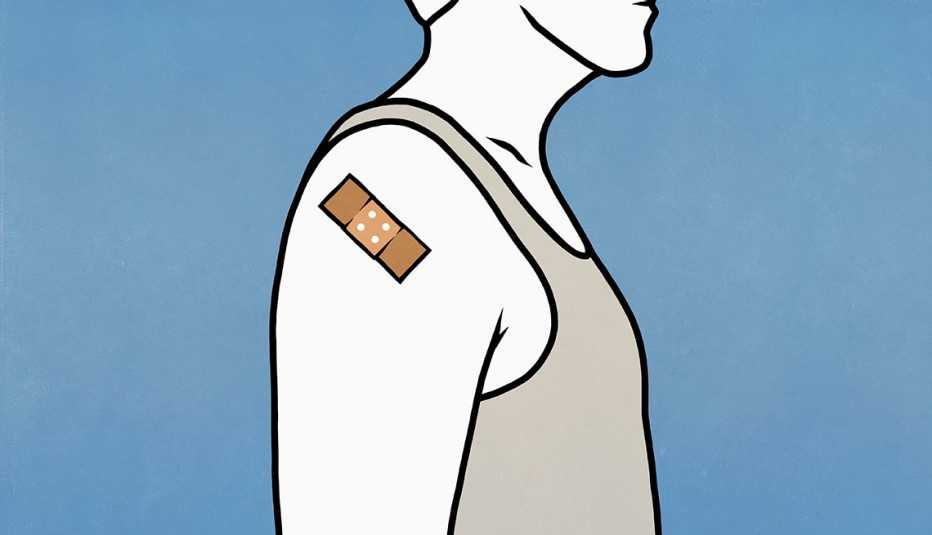AARP Hearing Center


With public health experts expecting the approaching holiday season to bring an uptick in respiratory illnesses, including COVID-19, they are urging everyone who is eligible — especially older adults — to get the new coronavirus booster before the gatherings and merrymaking begin.
These retooled shots target some of the latest versions of the virus that are circulating and that experts say could become a problem this winter. Still, only a small share of Americans have rolled up their sleeves for the bivalent booster — just over 7 percent of the eligible population, according to data from the Centers for Disease Control and Prevention (CDC).
Ashish Jha, M.D., head of the White House COVID-19 task force, talked to AARP about the importance of these new bivalent boosters as we head into the cold-weather months. He cleared up some common misconceptions about lifesaving COVID-19 treatments and had a few tips for how to safely navigate the holidays.
Jha’s responses have been edited for length and clarity.
The virus has changed so much in the last two and a half years — and it’s still changing, with new strains cropping up. Do we expect the new booster will still work against the latest omicron subvariants circulating?
The virus continues to evolve rapidly — every couple of months we see new variants or subvariants emerge.
In the U.S., there are a couple of specific subvariants that we are tracking. The one that I think we’re tracking most closely is called BQ.1.1 [an omicron subvariant that as of Oct. 28 is behind about 13 percent of new COVID-19 cases in the U.S.]. And BQ.1.1 has a very high degree of immune escape. [This means it’s better at getting past some of the protections put in place by the vaccine or a prior infection.]


Here’s what people need to know: If you’re relying on a prior infection from nine months ago, or if you’re relying on your vaccine from a year ago, you’re not going to have very much protection against BQ.1.1 because of its immune escape.
However, BQ.1.1 is a derivative of BA.5 and we updated our vaccines this fall to include BA.5 in the formula. [BA.4 is also included in the bivalent boosters, as is the original strain of the coronavirus.] And therefore, based on everything we know right now, we believe that the brand new updated COVID vaccines should provide a high degree of protection against BQ.1.1 and other subvariants that emerge.
What would you say to someone who is hesitant to go back for another COVID shot?
We are now at a point where, for the vast majority of people, this is a once-a-year shot. So when people think about the flu shot, they don’t say to themselves, ‘Oh, am I getting my 23rd shot or 35th shot?’ They just say this is my annual flu shot. And that’s how people need to start thinking about their COVID shot: it’s just an annual COVID shot. You go get it every year and it makes a big difference in keeping you healthy during the fall and winter.



































































More on health
What to Know About the Coronavirus Vaccines
Questions continue as millions of Americans get immunized
What Older Adults Need to Know About RSV
Cases of the virus are spiking throughout the U.S.
Can You Reuse an N95 Mask?
Plus other key things to know about wearing a respirator